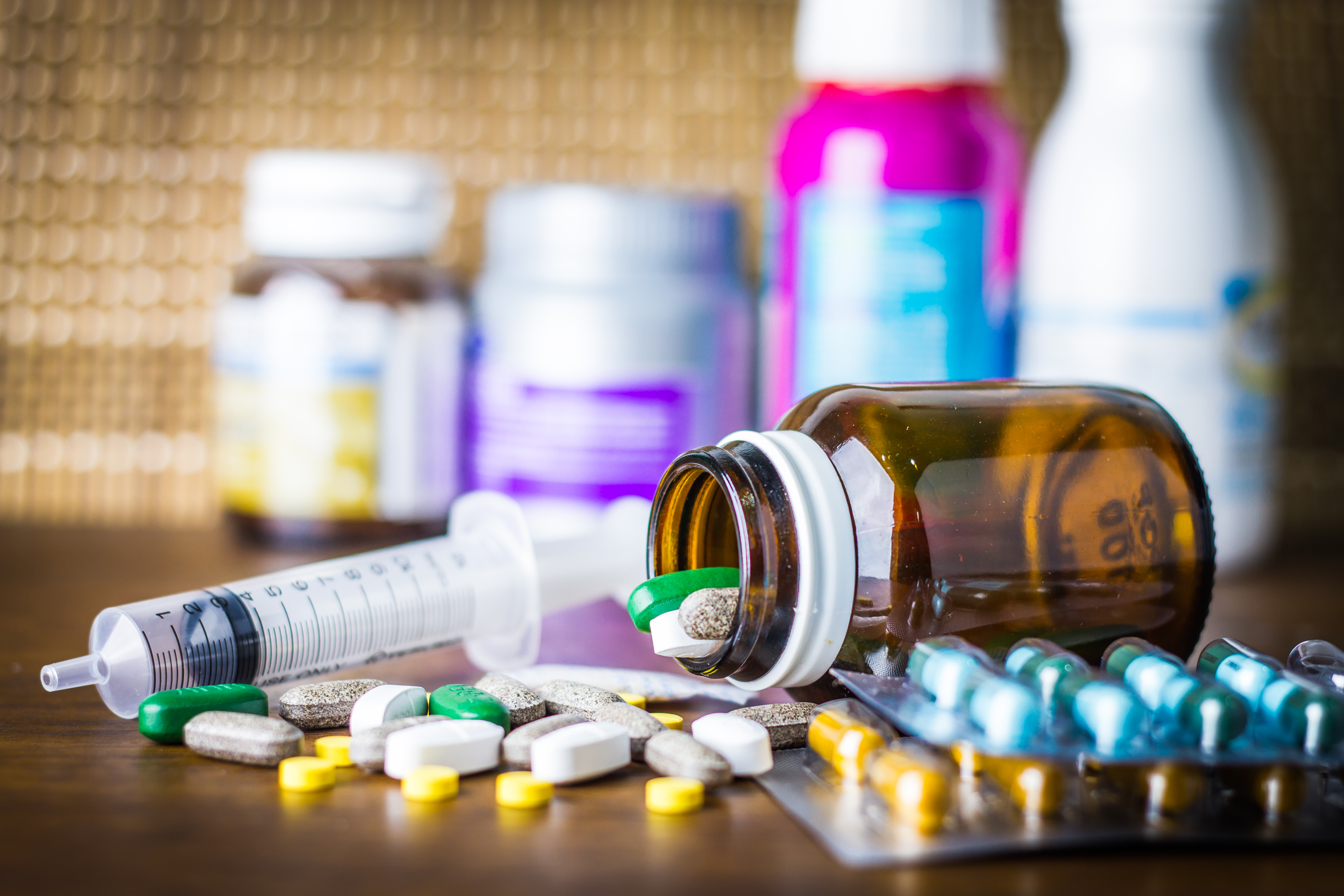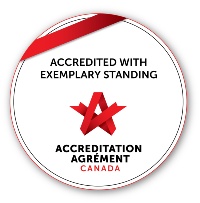Medication Safety
The medications you take have many uses, such as to treat, help prevent or lessen the symptoms of your disease or illness. They can be ordered for you by a doctor, you can buy them in a store or pharmacy, or they can be given to you as a sample by your doctor. Medications come in many different shapes, sizes, and colours. They can also come in different strengths. If the medicine looks different, ask your pharmacist or doctor if it is the right medicine. Always ask your pharmacist when you start a new drug if it will react with the other drugs you are on.
Chemotherapy Safety in the Home
Safe Management of Chemotherapy Medications in the Home
Regardless of whether your chemotherapy is given by injection or taken by mouth, these medications remain in your blood, saliva, vomit, urine, stool, vaginal fluids, and semen for a long time.
Safe handling precautions are advised to be followed for up to 48 hours after your last dose of chemotherapy treatment. If you are on daily oral chemotherapy, you need to use these special precautions the whole time you are taking the oral chemotherapy until at least 48 hours after your last chemotherapy dose.
Click here to learn how to safely handle these medications.

About Your Medications
- Tell your doctor, nurse or pharmacist if you have allergies to medication, food or anything else.
- Make a list of all your medicines, including prescribed medicine, medicines you buy at the store (over-the-counter), vitamins, herbs or medicines made for you from nature. Use the It's Safe to Ask medication card which is available at most pharmacies or print your own from the Shared Health website to make your list.
Tip: If you download and save the information, you can make changes easily and reprint revised copies. - Bring your list and all your medications with you to all your appointments.
- Tell your nurse about any problems you may have about taking your medication and any problems or side effects you may feel.
- Ask your pharmacist if there is anything special you need to do at home regarding your treatments or medications. For example, taking medicine with food or not taking with food.
- Store your medications in a cool, dry place or follow the instructions. Keep the medicine out of the reach of children.
Your Medication History: Medication Reconciliation – Working together to provide safe care
- Your health care team needs to know what medications you take. Medication Reconciliation is where all your health care providers work together to create an accurate and complete medication list for you. This list is known as the Best Possible Medication History in your health record.
- If you see more than one care provider, this list will be reviewed to make sure that any changes in medications, such as ones being added, changed or stopped are updated in your list.
- Your medication list helps your health care team know what medications you are taking so that the care and treatment you receive do not react with your medications.
- Before you come to your visit at the cancer centre, you will be asked to bring in a list (It’s Safe to Ask medication card) and your actual medications. You can download a medication card from the Shared Health website, here.
- When you have a doctor’s appointment at the cancer centre, your record will be checked and updated to show any changes.
- If there are any changes to your list of medications, a new copy will be given to you.
- You can show this list to your family doctor, pharmacist or another care provider when you have visits with them.
- This is your Best Possible Medication History. It has your personal medical information so take care of it, keep it with you or place it in My Cancer Handbook. You can also place it in your Emergency Response Information Kit (E.R.I.K) if you have one at home.
E.R.I.K (Emergency Response Information Kit) is available from local Senior Resource Councils.
Call 204-945-6565 or Toll-free 1-800-665-6565 to find out the phone number of the Senior Resource Council nearest you. Kits are also available from Fire and Paramedic Stations.

